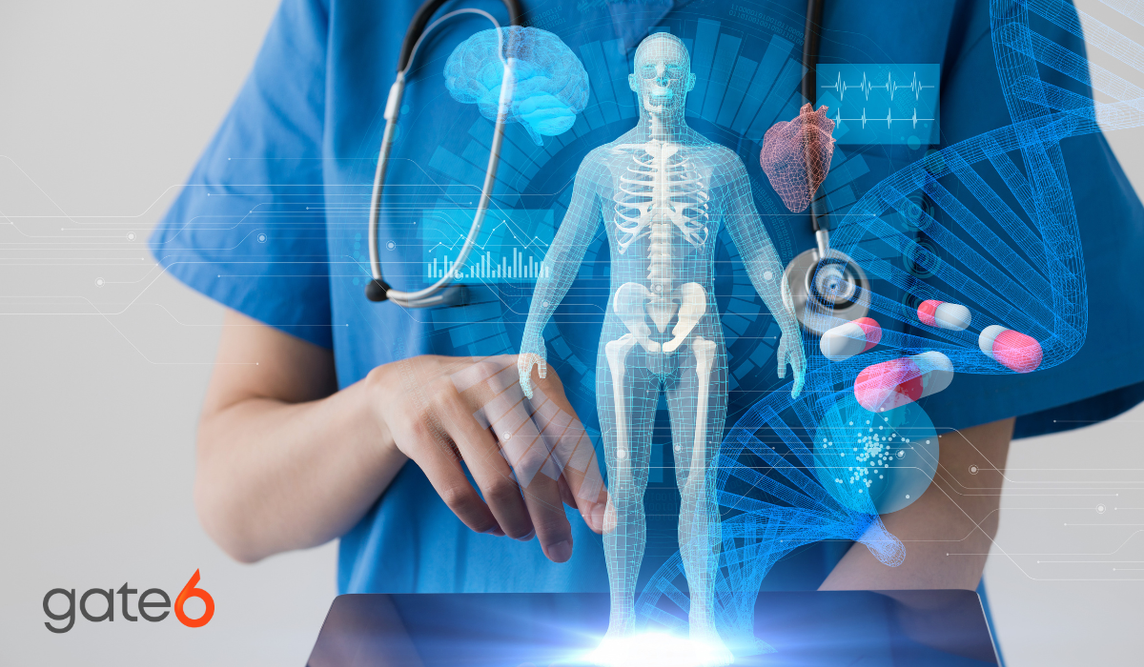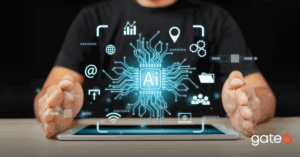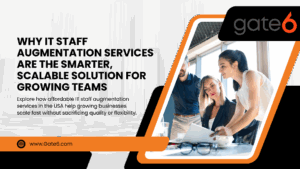The Impact of Technology on Healthcare Delivery

Technology has revolutionized the way healthcare is delivered, transforming patient care and outcomes. From telemedicine connecting patients with providers virtually to wearable devices monitoring vital signs in real-time, the impact of technology is significant. Technological advancements have not only improved the accuracy and efficiency of diagnoses and treatments but also enhanced patient engagement and accessibility. The integration of artificial intelligence (AI) and machine learning in healthcare has further expanded the possibilities, enabling predictive analytics, personalized medicine, and automated administrative tasks. The convergence of technology and healthcare is creating a future where patient care is more precise, efficient, and accessible than ever before.
Precision Medicine
One of the most significant advancements in healthcare technology is precision medicine. This approach tailors treatment plans to individual patients based on their genetic makeup and unique characteristics. Precision medicine aims to provide more effective and targeted therapies, reducing the trial-and-error nature of traditional treatments. By understanding a patient’s genetic profile, healthcare providers can predict how they will respond to specific medications, leading to more successful outcomes and fewer side effects.
Telehealth
Telehealth has broken down barriers to access, allowing patients to consult healthcare professionals remotely. This technology has been especially crucial during the COVID-19 pandemic, enabling continuous care while minimizing the risk of virus transmission. As we move forward, telehealth is poised to continue playing a crucial role in making healthcare more accessible and efficient. Telehealth improves convenience for patients, particularly those in remote or underserved areas, and reduces the need for travel, saving time and resources. With the integration of video conferencing, secure messaging, and electronic health records (EHRs), telehealth ensures comprehensive and coordinated care.
Medical Robotics
Medical robotics is another groundbreaking advancement enhancing surgical outcomes. Robotic systems assist surgeons with precision, allowing for minimally invasive procedures that lead to shorter recovery times and reduced risks. These systems provide greater dexterity and control, enabling complex surgeries that were previously difficult or impossible. Medical robotics not only improve patient outcomes but also reduce the physical strain on surgeons, potentially extending their careers and reducing burnout.
Data Analytics
Data analytics is transforming how healthcare providers manage and utilize vast amounts of health data. By leveraging big data, healthcare organizations can identify trends, predict outbreaks, and personalize patient care. Advanced analytics tools enable the extraction of meaningful insights from EHRs, medical imaging, and other data sources, facilitating evidence-based decision-making. Predictive analytics can forecast disease progression and treatment responses, allowing for proactive interventions. Additionally, data analytics can improve operational efficiency, reducing costs and enhancing patient satisfaction. Predictive analytics in healthcare organizations can reduce readmission rates by identifying high-risk patients and implementing targeted interventions.
Wearable Devices
Wearable devices are becoming increasingly popular for monitoring vital signs in real-time. These devices, such as smartwatches and fitness trackers, collect continuous health data, providing valuable insights into a patient’s condition. Wearables can track heart rate, sleep patterns, physical activity, and even detect irregularities that may indicate a health issue. By enabling continuous monitoring, wearable devices empower patients to take control of their health and provide healthcare providers with accurate and timely information for better diagnosis and treatment.
Implementing Healthcare Technology Solutions
The successful implementation of healthcare technology solutions requires expertise and strategic planning. Companies like Gate6 specialize in healthcare solution development services, offering customized healthcare IT solutions to meet the unique needs of healthcare organizations. From developing telehealth platforms to integrating data analytics tools, Gate6 ensures that healthcare providers can leverage the latest technologies to improve patient care and outcomes.
Let us guide your company towards effective implementation of healthcare technology solutions. Contact Us today and talk to our experts now!
Relevant Posts
November 19, 2024
8 Reasons to Modernizing Legacy Healthcare Systems
July 3, 2023
The Pro’s and Con’s of AI in Healthcare
March 23, 2023
Understanding Healthcare Technology Acronyms
December 7, 2022






